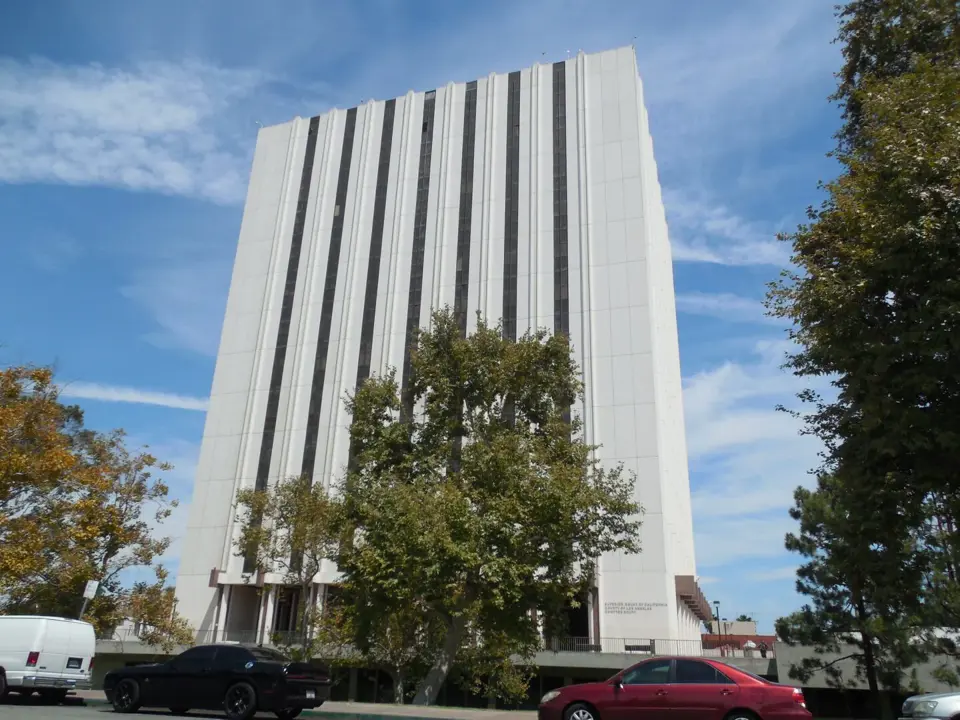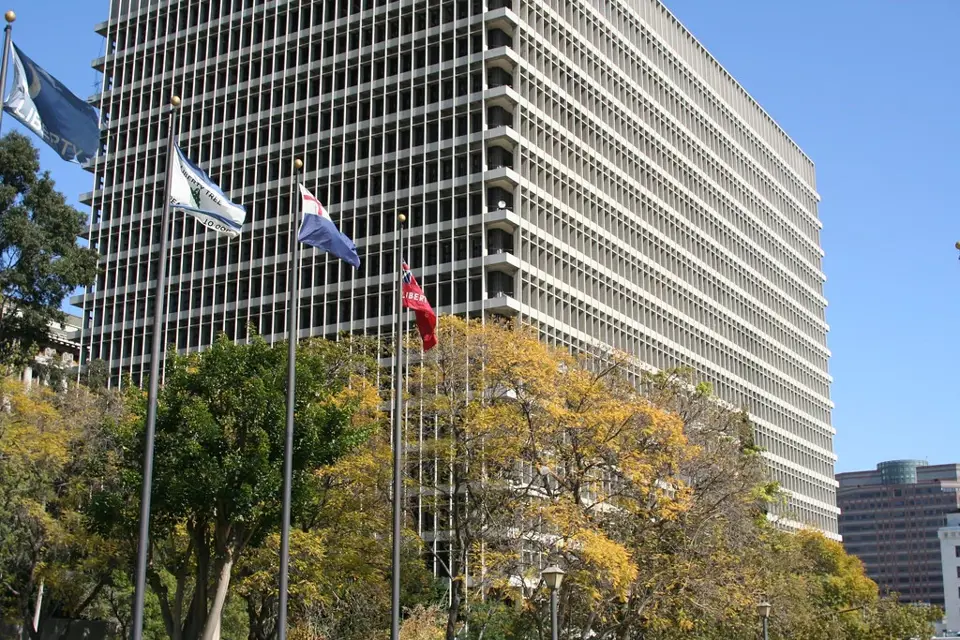Recently, Mr. Escovar represented a client at the Los Angeles Superior Court in Alhambra who had been living in the U.S. for over 30 years. He was married and had a United States citizen child. But now, this same client was facing deportation from the United States. Attorney Steve Escovar, a criminal defense attorney, saw this family in need and stepped in to help.
At first, the situation seemed hopeless. Prior to Mr. Escovar representing him, the client was arrested for violating a Penal Code section 487(a)–Grand Theft. The client was convicted, had entered a plea agreement with a suspended sentence, and he had been granted probation. This sounds nice, but there was an adverse immigration consequence: this client was facing mandatory and permanent deportation because the charge is considered a crime involving moral turpitude. Mr. Escovar, in essence, was presented a case where a the client had seemingly been given verbal and written notice that he could be deported, excluded and denied naturalization and who had accepted the conviction anyway. How could Mr. Escovar help?
Mr. Escovar requested the plea form, the docket, and the transcript of the plea. As he read through these documents, he noticed that something was missing. The court failed to maintain a record that the full immigration consequences were communicated to the client on the record!
What does this mean? According to Penal Code section 1016.5, if the court does not keep record of informing a defendant of fact that he could be deported, excluded and denied naturalization, the court must vacate the conviction. In other words, Mr. Escovar’s client could not legally be considered to have “notice” that he could be deported because, the court did not maintain a record of what was actually stated to the client at the time of the plea.
But Mr. Escovar’s advocacy did not stop there. In addition to the absence of record of a correct immigration consequence advisement, Mr. Escovar also drew the court’s attention to Penal Code section 1473.7. This code section states that if there is a reasonable probability that the defendant would have rejected the plea or opted for another if he understood the actual or potential immigration consequences of the plea, then relief should be granted. Mr. Escovar then demonstrated that all of the elements of this statute were present in this client’s case. As a final touch, Mr. Escovar gathered character letters and testimonies that demonstrated his client’s honorable character and that he now lives an upright life.
However, it was still up to the determination of the judge. Thanks to the abundance well prepared arguments that Mr. Escovar formulated, the judge granted Mr. Escovar’s Penal Code section 1016.5 petition to vacate all charges! The charges were then dismissed per Penal Code section 1385. An “Order” was prepared and the judge signed the order and the clerk placed a Court Seal on the order (this document is necessary for the immigration court to prove that the case was vacated and dismissed).
Mr. Escovar turned a dire situation into a hopeful opportunity for a family to live lawfully together in the United States. This serves as an excellent example how a thorough and articulate advocate, like Mr. Escovar, can change the outcome of a case.




.jpg.2602041501262.webp)

